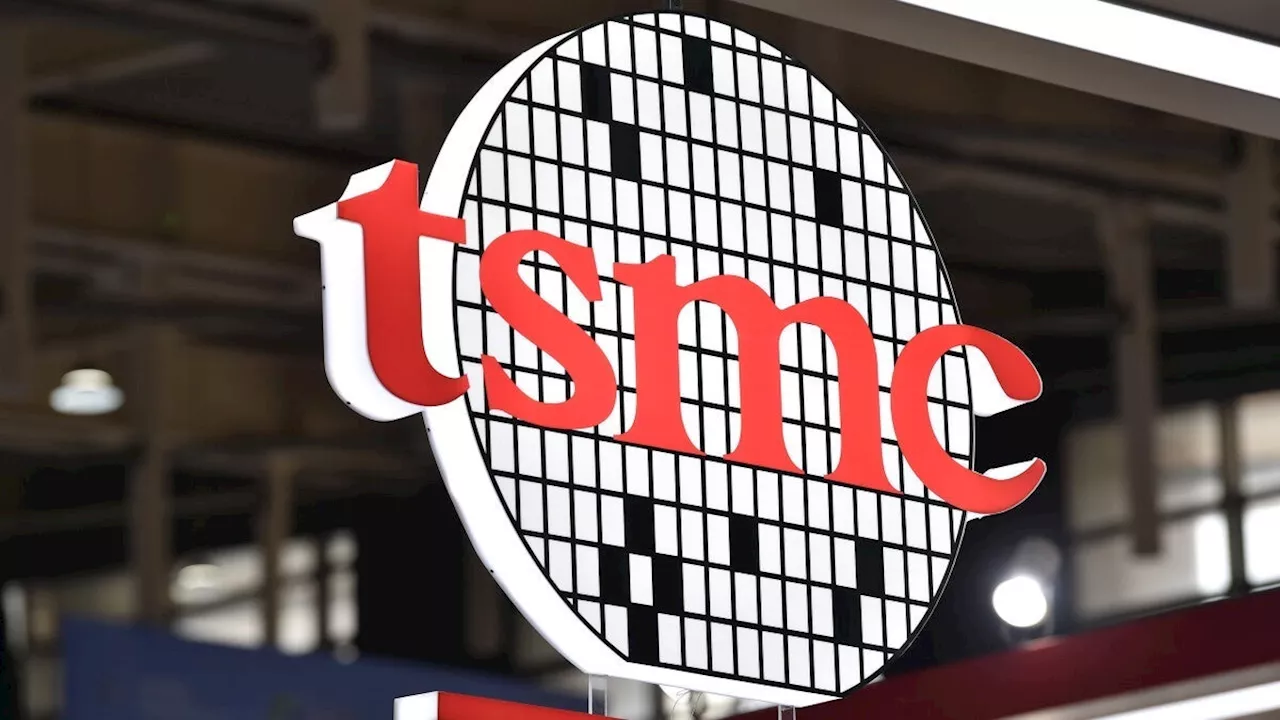This article explores the remarkable progress made by TSMC in shrinking transistor sizes and increasing chip performance. From the original iPhone's 90nm chip to the upcoming 1.6nm nodes, the article highlights the future potential of smartphone technology.
Reserving a Galaxy S25 gives you a $50 Samsung Credit, extra savings of up to $1,250, and a chance to win $5,000! The speed at which top foundries are advancing in their relentless pursuit to enhance the speed, performance, and efficiency of smartphone chips is truly remarkable. Just this year, TSMC , the world's leading foundry, is poised to commence mass production of 2nm chip s. Next year, the Taiwan-based company predicts it will initiate mass production of 1.6nm chip s.
As these process node numbers decrease, the size of the transistors within these chips diminishes, allowing for a greater number to be integrated. This is crucial because smaller transistors signify that more can be accommodated within a given area of the chip. This metric, known as transistor density, generally escalates when the process node decreases. The transistor count of a chip is also significant because, typically, the larger the number of transistors in a chip, the more powerful and energy-efficient these semiconductors become. Consider the astonishing decline in process nodes witnessed over the past few years. For instance, in 2019, the iPhone 11 series was powered by the 7nm A13 Bionic application processor (AP) containing 8.5 billion transistors. This past September, the iPhone 16 series was unveiled with the 3nm A18 Pro AP. While Apple refrained from disclosing the transistor count for the chipset, the component likely boasts over 20 billion transistors, considering that the A17 Pro has 19 billion. TSMC is experiencing remarkable growth as it just reported fourth-quarter revenue soaring 37% year-over-year to $26.88 billion. What TSMC refers to as 'smartphone seasonality' will lead to a sequential decline in its top line for Q1 2025, although on an annual basis, first-quarter gross will increase by 34.7%. With its 2nm chip production, TSMC will commence utilizing Gate-All-Around (GAA) transistors, which employ vertically stacked horizontal nanosheets, enabling the gate to encompass all four sides of the channel, preventing current leaks and improving the drive current. The outcome is higher-performing chips with enhanced energy efficiency. When it initiates production of 1.6nm chips, TSMC will debut backside power delivery (BPD). BPD relocates power delivery from the front of a silicon wafer, where it leaves less space for transistors, to the back, where it is unimpeded by other wires. The A18 Pro application processor, manufactured using TSMC's second-generation 3nm node, powers the iPhone 16 Pro and Pro Max models. To illustrate how far we've progressed, the original iPhone, released in 2007, utilized a chip built on the 90nm process node. The upcoming iPhone series scheduled for launch this September will be powered by the 3nm A19 and A19 Pro APs, which will be fabricated using TSMC's third-generation 3nm node (N3P). Consequently, Apple should be able to introduce the first iPhone to run on 2nm silicon with the 2026 iPhone 18 series. Regarding the timeline for the first iPhone featuring an AP made using the 1.6nm node, we will have to await further information. Meanwhile, TSMC states that 1.6nm chips will offer an 8% to 10% improvement in speed at the same power compared to the 2nm node. Follow us on social media to stay abreast of the latest trending stories, watch exclusive videos, and engage in discussions with our vibrant community
TSMC Smartphone Technology Chip Manufacturing Transistor Density Process Nodes A18 Pro Iphone 16 2Nm Chip 1.6Nm Chip
United States Latest News, United States Headlines
Similar News:You can also read news stories similar to this one that we have collected from other news sources.
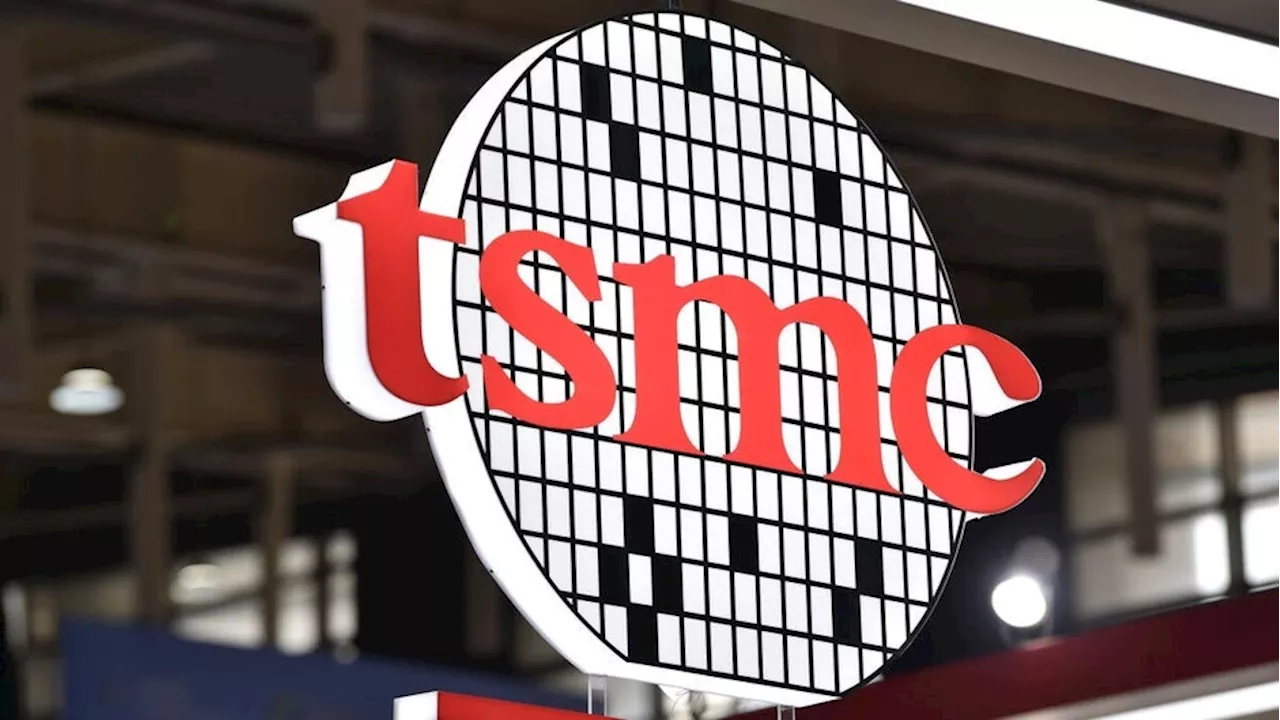 TSMC Skips Trump Inauguration Amid Tariff ThreatTSMC CEO C.C Wei announced that the company will neither donate to nor attend President-elect Donald Trump's inauguration. Wei cited a desire to keep a low profile, but analysts suggest the decision may stem from Trump's past comments about TSMC 'stealing' American business and placing it in Taiwan. The incoming president has threatened tariffs on TSMC products, which could significantly impact the company's operations. TSMC's decision to stay away from the inauguration suggests a cautious approach in navigating the potential challenges posed by the new administration.
TSMC Skips Trump Inauguration Amid Tariff ThreatTSMC CEO C.C Wei announced that the company will neither donate to nor attend President-elect Donald Trump's inauguration. Wei cited a desire to keep a low profile, but analysts suggest the decision may stem from Trump's past comments about TSMC 'stealing' American business and placing it in Taiwan. The incoming president has threatened tariffs on TSMC products, which could significantly impact the company's operations. TSMC's decision to stay away from the inauguration suggests a cautious approach in navigating the potential challenges posed by the new administration.
Read more »
 Samsung asks TSMC to manufacture Exynos, gets rejectedAbdullah loves smartphones, Virtual Reality, and audio gear. Though he covers a wide range of news his favorite is always when he gets to talk about the newest VR venture or when Apple sets the industry ablaze with another phenomenal release.
Samsung asks TSMC to manufacture Exynos, gets rejectedAbdullah loves smartphones, Virtual Reality, and audio gear. Though he covers a wide range of news his favorite is always when he gets to talk about the newest VR venture or when Apple sets the industry ablaze with another phenomenal release.
Read more »
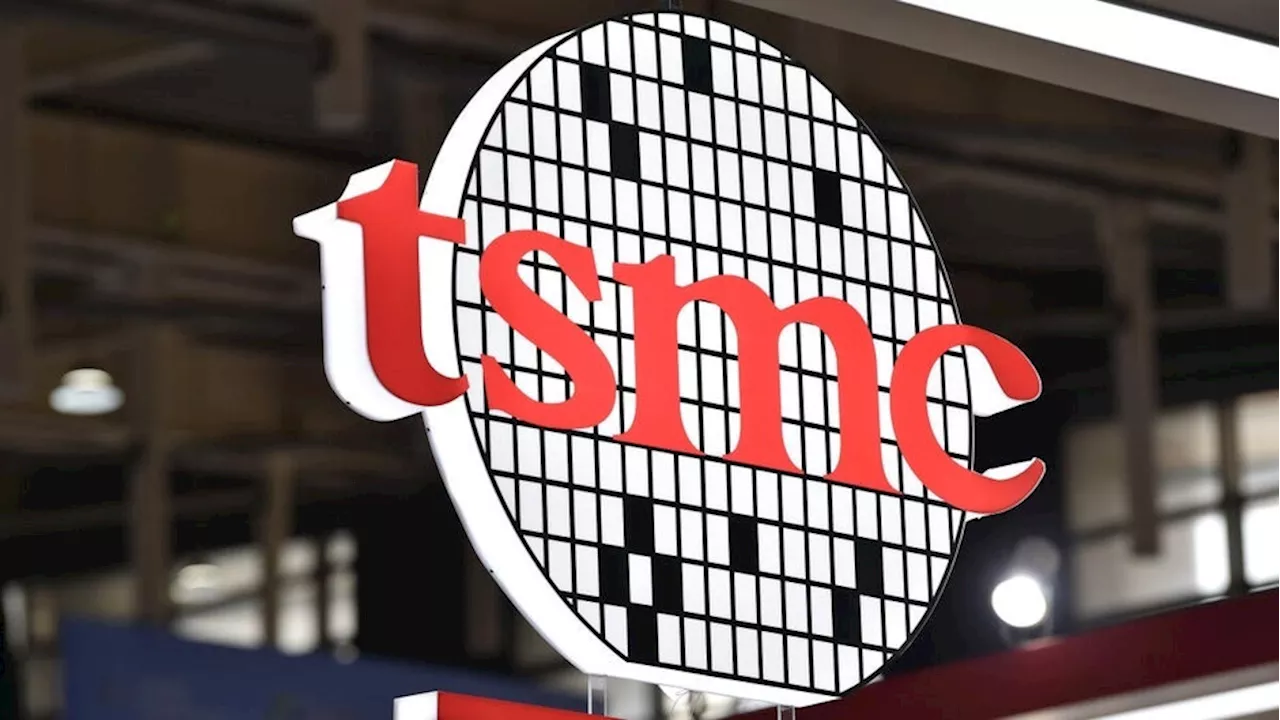 TSMC Skips Trump Inauguration Amid Tariff ThreatsTSMC CEO C.C Wei stated the company will not donate to or attend the upcoming presidential inauguration, citing a preference for a low profile. However, the decision likely stems from the looming threat of tariffs imposed by President-elect Trump, who has previously accused TSMC of stealing American business and relocating it to Taiwan. This avoidance could be a strategic move by TSMC to observe the situation and assess the potential impact of Trump's policies on its business model.
TSMC Skips Trump Inauguration Amid Tariff ThreatsTSMC CEO C.C Wei stated the company will not donate to or attend the upcoming presidential inauguration, citing a preference for a low profile. However, the decision likely stems from the looming threat of tariffs imposed by President-elect Trump, who has previously accused TSMC of stealing American business and relocating it to Taiwan. This avoidance could be a strategic move by TSMC to observe the situation and assess the potential impact of Trump's policies on its business model.
Read more »
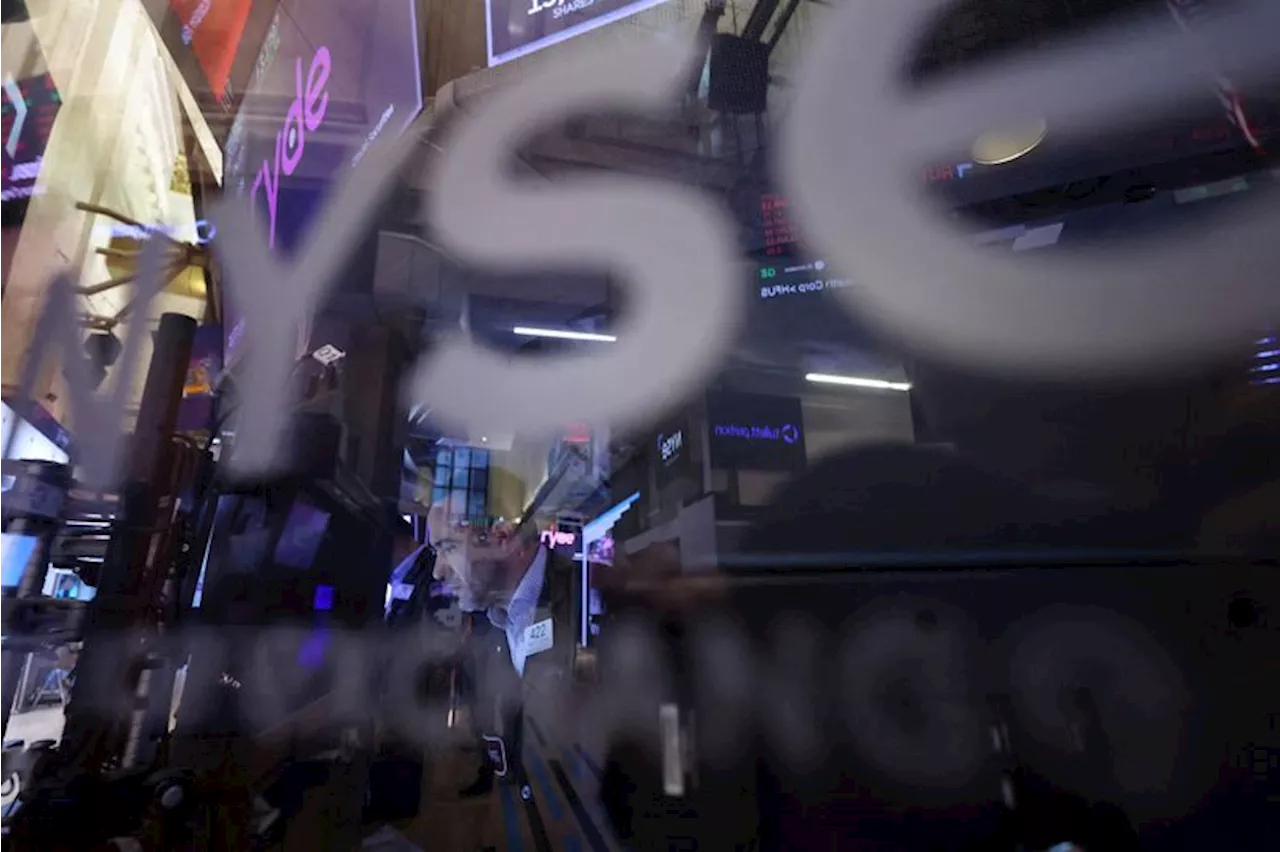 Nonfarm payrolls ahead, TSMC sales top estimates - what's moving marketsNonfarm payrolls ahead, TSMC sales top estimates - what's moving markets
Nonfarm payrolls ahead, TSMC sales top estimates - what's moving marketsNonfarm payrolls ahead, TSMC sales top estimates - what's moving markets
Read more »
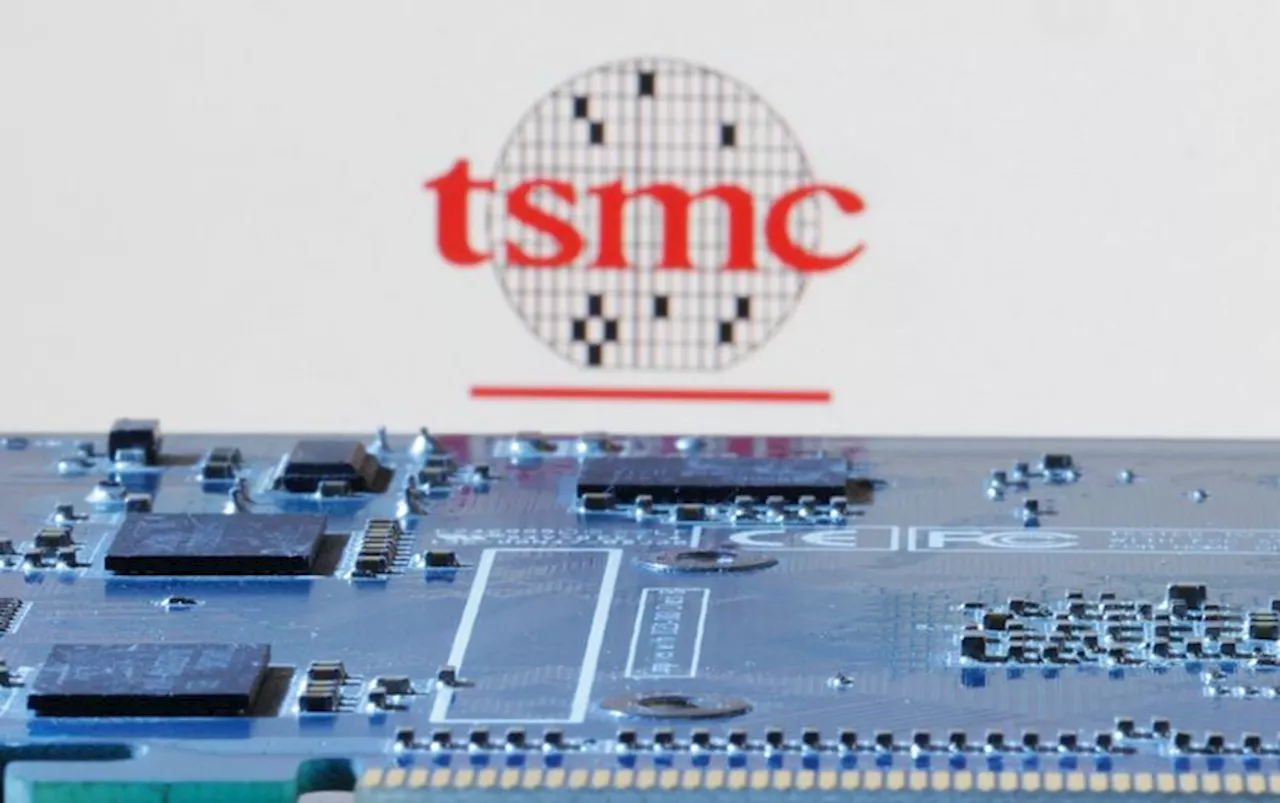 TSMC Sales Surge on Strong AI DemandTSMC's December sales skyrocketed due to robust demand from the AI industry, setting a positive tone for chip demand in 2025.
TSMC Sales Surge on Strong AI DemandTSMC's December sales skyrocketed due to robust demand from the AI industry, setting a positive tone for chip demand in 2025.
Read more »
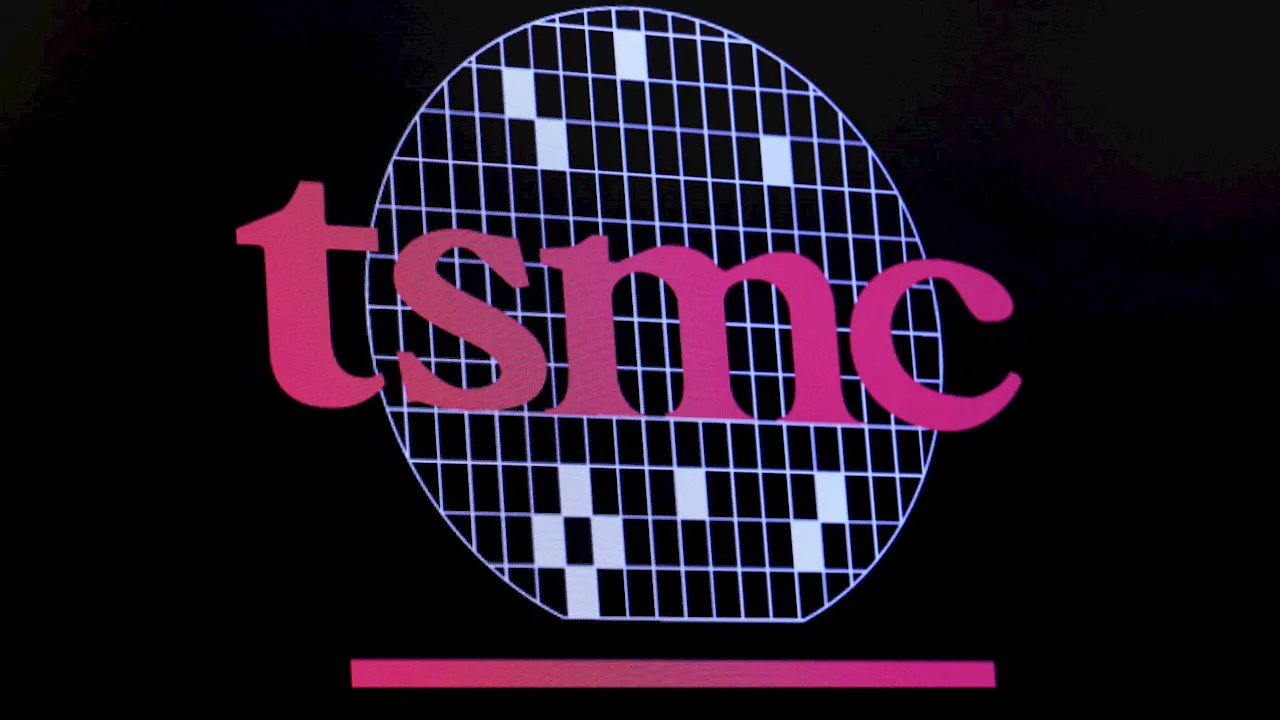 World's biggest chipmaker TSMC posts record 2024 revenue as AI boost continuesTSMC manufacturers semiconductors for some of the world's biggest companies from Apple to Nvidia.
World's biggest chipmaker TSMC posts record 2024 revenue as AI boost continuesTSMC manufacturers semiconductors for some of the world's biggest companies from Apple to Nvidia.
Read more »
